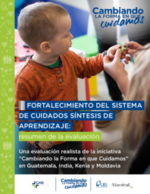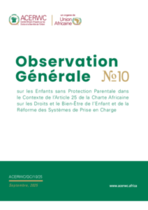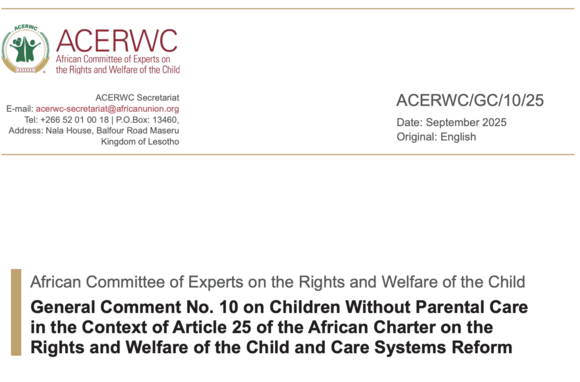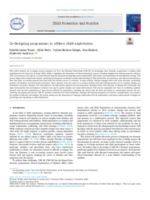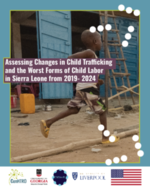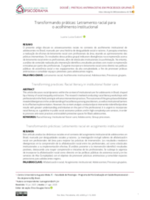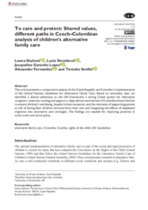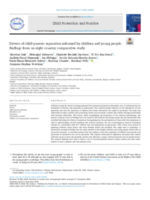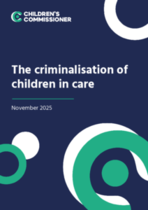The governance of national care systems for orphans and vulnerable children in Cambodia, Uganda, Zambia and other low and formerly low-income countries: Findings and implications
This article examines how national care systems for orphans and vulnerable children in Cambodia, Uganda, and Zambia are governed, drawing on case studies and a review of existing research. It highlights the gap between strong policy commitments and weak on-the-ground implementation, pointing to historical, political, and capacity-related factors that hinder effective care and protection.


